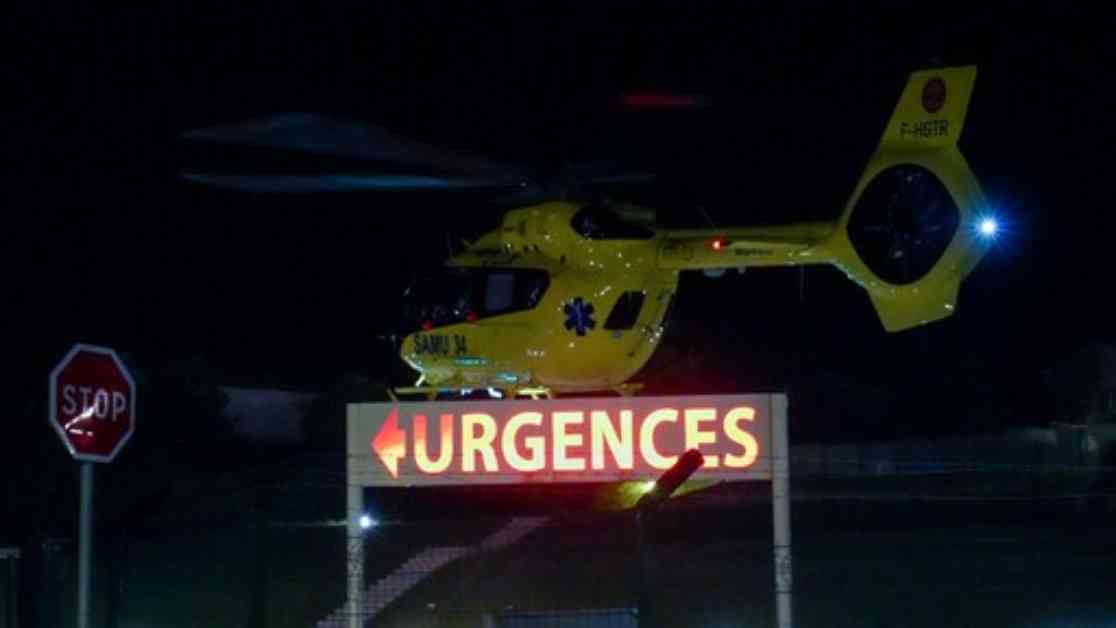A new migraine attack is coming. You know it, you know it this pain which gradually gains your brain and will not let you go for several days if you do nothing. Often intense, it usually prevents you from carrying out your daily activities. We will have to isolate ourselves, hold on until it passes…
And yet, these pains are not inevitable, they can be quickly and effectively relieved. “There is no reason to remain passive, to grit your teeth and wait,” insists Solène de Gaalon, neurologist at the Nantes University Hospital.
In the event of a moderate crisis or in the absence of treatment available, certain measures help to relieve the pain: calm down in the dark and rest because the pain is increased by movement. “In children especially, sleeping is usually enough to relieve the pain,” says Solène de Gaalon. Better can also be obtained by applying a hot or cold source to the painful area. Finally, take a large cup of coffee because caffeine is a vasoconstrictor and opposes cerebral vasodilation causing the crisis.
However, in the event of a severe crisis, taking appropriate medication is necessary to shorten it and resume daily activities. “The earlier it is taken, the more effective it will be. Ideally within an hour of the onset of the crisis”, specifies the neurologist. This implies that migraine sufferers always have their treatment with them when traveling or on vacation. “The patient can expect total relief with a dose or two, if he responds well,” says Solène de Gaalon. Sometimes it is necessary to try several treatments before finding the right one.
It will then be effective on the following attacks but not necessarily on all of them because “they are not always alike”, adds the neurologist. First, it is recommended to test a nonsteroidal anti-inflammatory drug or NSAID (ibuprofen, ketoprofen, naproxen or diclofenac) knowing that ketoprofen and ibuprofen have specific indications in the treatment of migraine with or without aura. Take a first tablet when symptoms appear, then a second within six hours if the pain persists. Paracetamol can be effective in mild attacks, but generally does less well than NSAIDs in migraine. However, it is the first-line treatment for pregnant women.
In the absence of effectiveness of these treatments, it is necessary to consult because prescription drugs called triptans offer superior effectiveness. There are several that have differences in tolerance and effectiveness from one patient to another. If one is not effective after being tried on at least three attacks, it is recommended to try another. The triptan should be taken as soon as the pain appears. If the latter returns, a second tablet can be taken two hours later and should theoretically put an end to the pain. If this is not the case, “talk to your doctor again until you find the right cocktail”, concludes Solène de Gaalon.




















